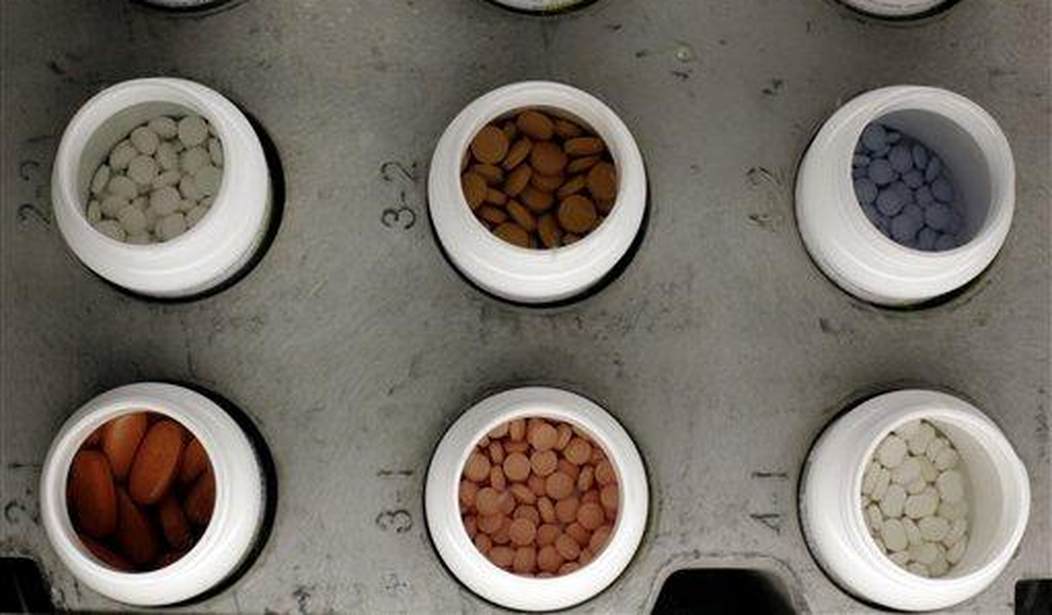Imagine for a moment that there was a little-known, benevolent organization that, simply by negotiating in good faith with giant pharmaceutical wholesalers (three of which control 90 percent of the U.S. market), could lower drug prices for Medicare by 20 percent and could save the average American almost $1,000 per year.
Sounds fantastic, doesn't it? Sounds like the sort of organization you might want to tip your hat to, and which you'd expect our nation's leaders to applaud and to stand behind, both in the interests of public health and for the sake of fiscal sanity.
Well, one part of this hypothetical yarn is true. The other part is pure fiction. I'll bet you can already tell which is which.
PBMs (pharmacy benefit managers) really do exist. They were formed to give Medicare and big health insurance plans leverage to negotiate lower drug prices, in an environment in which Americans pay, as we all know, the highest prices for pharmaceuticals in the history of the universe! In fact, for most of the top-selling drugs worldwide, Americans pay more than do patients and consumers in the rest of the world combined. Ouch!
The good news is that PBMs have been working like clockwork. They save us around $150 billion a year. They're a big part of the fact that Medicare is still solvent. Altogether, when we compute the positive impact they've had and will continue to have, we're talking about a net savings in the trillions! Wow.
And, remember, no health insurance plan or consumer is forced to use PBMs. It's a matter of choice, but it's also an easy choice to make, given how the numbers add up.
Recommended
Now for the fictional part of my scenario.
You'd think, given the good work that PBMs have done and continue to do, and, given the desperate need in this country to rein in health care costs, that federal regulators and leaders in Congress would be looking for ways to strengthen and support PBMs. You'd be wrong.
Increasingly, the Biden administration's Federal Trade Commission is looking to crack down on PBMs, and the Senate is even taking up a bill, the so-called “PBM Transparency Act”, proposed by Senator Maria Cantwell (D – Washington), which would go even further.
Now, why would this be the case? Could it have something to do with the fact that Big Pharma has given record levels of support to Joe Biden? Or could it be related to the almost $3 billion that the industry has spent on Congressional lobbying since 2008?
Nah. It's not like our government is for sale to the highest bidder...is it?
Given the fact that our country pays more, in aggregate and per capita, for health care than any country in history, we have a right to expect that every aspect of our health care system, including PBMs, will be scrutinized and held accountable. On the other hand, when politicians and federal bureaucrats gang up on the few institutions that are holding back the floodgates of fiscal irresponsibility and thus are keeping health care affordable for you and me, we have a right to ask why.
For too long, Big Pharma and D.C. insiders have conspired to make corporate profits soar. Meanwhile, medical bills have long been the leading cause of bankruptcy in this country.
There's good reason to believe that, if Joe Biden's FTC and Senator Cantwell get their way, we're about to make a bad system even worse.
Dr. Nicholas L. Waddy is an Associate Professor of History at SUNY Alfred and blogs at: www.waddyisright.com. He appears on the Newsmaker Show on WLEA 1480/106.9.

























Join the conversation as a VIP Member